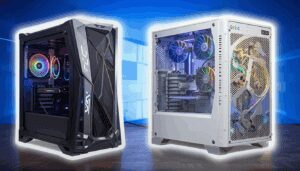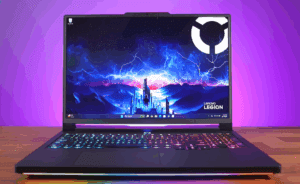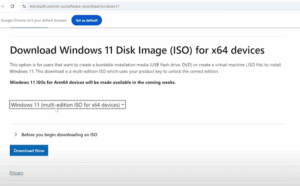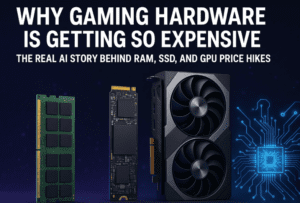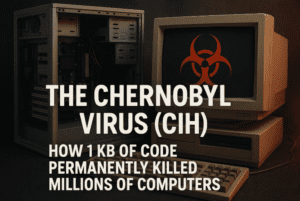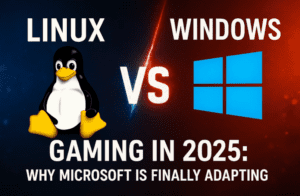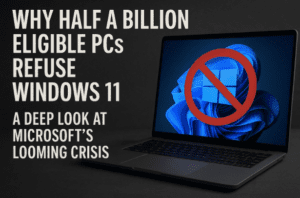A good computer plays a crucial role in both your personal and professional life. Choosing the right one can be a challenging task, but with the right knowledge, you can make a smart and informed decision. This article will guide you through essential tips to help you buy the best computer or laptop for your needs.

Understanding Computer Components
Before purchasing a computer, it is important to understand the key components that determine performance. Here are the essential parts of a computer:
- Motherboard – The main circuit board that connects all components.
- Processor (CPU) – The brain of the computer, responsible for executing tasks.
- RAM (Memory) – Determines the speed and performance of the system.
- Storage (HDD/SSD) – Used to store files and data.
- Graphics Card (GPU) – Essential for gaming, video editing, and design work.
- Power Supply Unit (PSU) – Provides power to all components.
- Monitor (LED/LCD) – Displays visuals.
- Keyboard & Mouse – Input devices to interact with the system.
- Cabinet & Cooling System – Protects the components and prevents overheating.
Choosing the Right Processor
The processor determines how fast and efficiently a computer performs. Here’s a breakdown of different processors available:
- Intel Processors:
- Intel Pentium – Basic tasks like browsing and office work.
- Intel Core i3 – Suitable for students and office use.
- Intel Core i5 – Good for multitasking, moderate gaming, and professional use.
- Intel Core i7 – Ideal for video editing, graphic design, and high-performance tasks.
- Intel Core i9 – Best for extreme performance, gaming, and heavy workloads.
- AMD Processors:
- Ryzen 3 – Entry-level, comparable to Intel Core i3.
- Ryzen 5 – Mid-range, similar to Intel Core i5.
- Ryzen 7 – High-performance, similar to Intel Core i7.
- Ryzen 9 – Ultimate performance for gaming and professional work.
If you need a future-proof system, opt for the latest generation processors as they offer better performance and efficiency.
Understanding RAM (Memory)
RAM plays a vital role in system speed and multitasking. The more RAM you have, the better the performance.
- 4GB RAM – Suitable for basic tasks like browsing and office work.
- 8GB RAM – Ideal for students and regular users.
- 16GB RAM – Great for professional use, gaming, and video editing.
- 32GB+ RAM – Best for advanced users, high-end gaming, and content creation.
Choosing the Right Storage
There are two main types of storage options:
- HDD (Hard Disk Drive): Affordable but slower than SSD.
- SSD (Solid State Drive): Faster performance and quicker boot times but more expensive.
- Hybrid Storage: A combination of SSD (for OS and important programs) and HDD (for data storage) is a good option.
Laptop vs. Desktop: Which One to Choose?
Both laptops and desktops have their advantages. Consider these factors before making a decision:
Laptops:
- Portable and compact.
- Built-in battery backup.
- Ideal for students and professionals on the go.
- Limited upgrade options.
Desktops:
- More powerful and cost-effective.
- Easy to upgrade components.
- Ideal for gaming, video editing, and heavy tasks.
- Requires more space.
If you need a machine for everyday work and travel, go for a laptop. If you require a powerful workstation for gaming or professional use, choose a desktop.
Selecting a Graphics Card (GPU)
A dedicated GPU is essential for gaming, video editing, and 3D rendering.
- Integrated Graphics: Suitable for basic tasks and office work.
- Dedicated Graphics Card:
- NVIDIA GTX 1650, RTX 3050 – Entry-level gaming.
- NVIDIA RTX 4060, RTX 4070 – Mid-range gaming and editing.
- NVIDIA RTX 4080, RTX 4090 – High-end gaming and professional graphics work.
- AMD Radeon RX series – Alternative options for gamers and creators.
Other Important Factors to Consider
- Ports & Connectivity: Ensure the computer has sufficient USB, HDMI, and audio ports.
- Battery Life (for Laptops): Look for at least 6-8 hours of backup.
- Build Quality & Design: Check for a sturdy and durable build.
- Operating System: Choose between Windows, macOS, or Linux based on your preference.
- Warranty & Support: Always buy from a reputed brand with good after-sales service.
Final Thoughts
Buying a computer is a significant investment, so take your time to research and make an informed decision. Consider your usage requirements, budget, and upgrade possibilities before purchasing. A well-chosen computer can serve you efficiently for years.
Tags:
computer buying guide, laptop buying tips, best computer for students, gaming PC guide, desktop vs laptop, choosing the right processor, how to buy a laptop, RAM and storage explained, best GPU for gaming, computer components explained
Hashtags:
#ComputerBuyingGuide #LaptopTips #GamingPC #DesktopVsLaptop #TechGuide #BestLaptop #ProcessorComparison #RAMAndStorage #GPUForGaming #PCComponents

